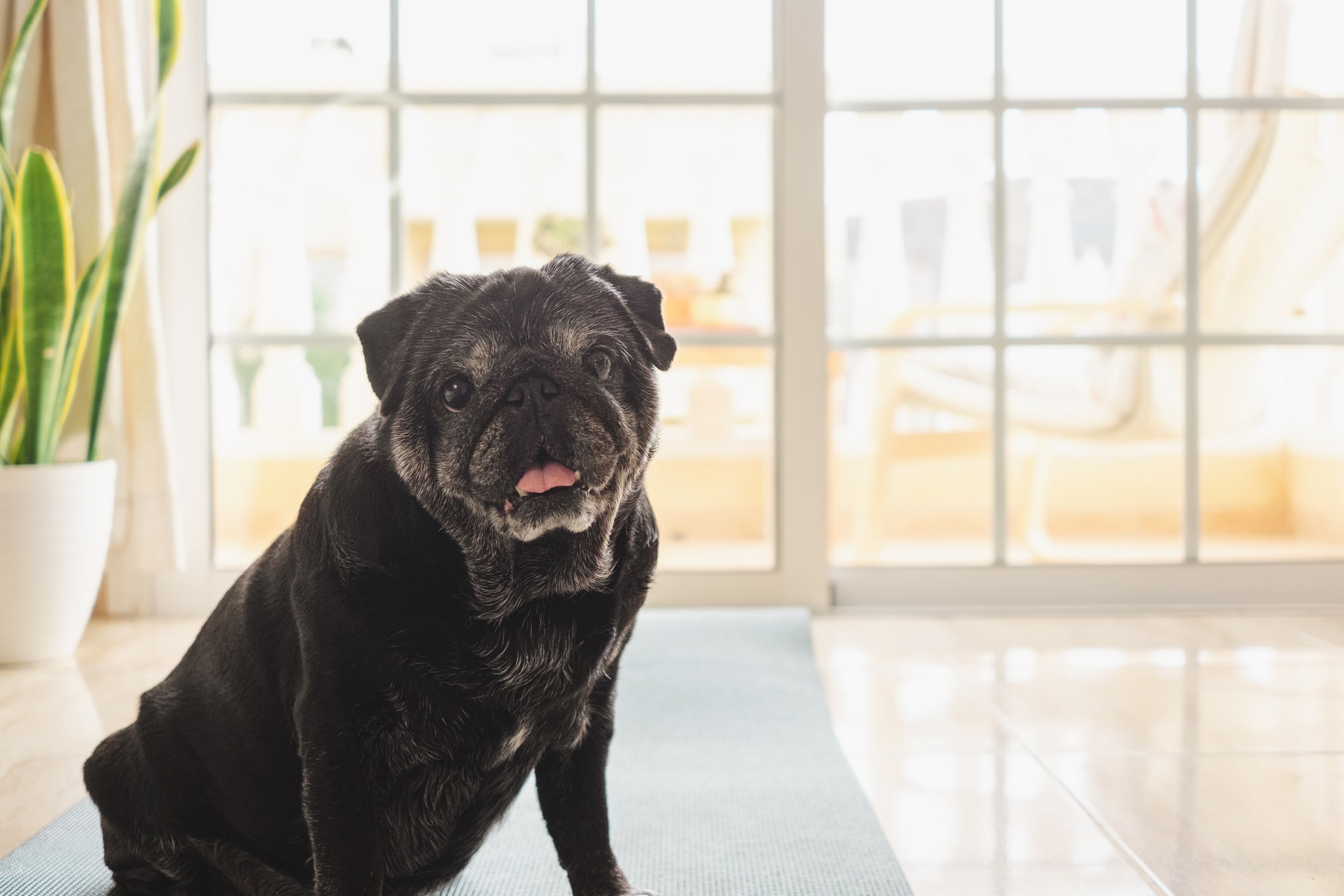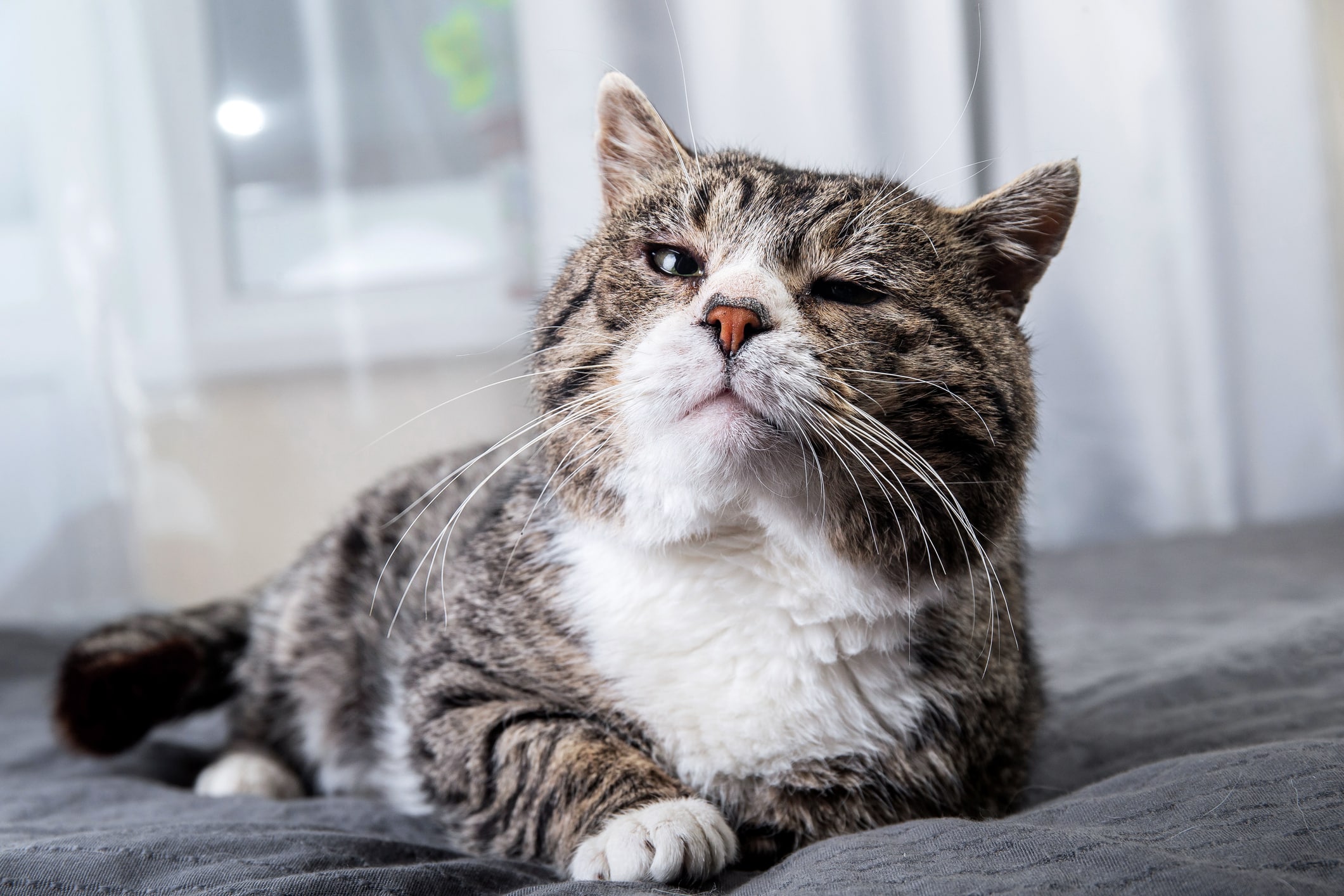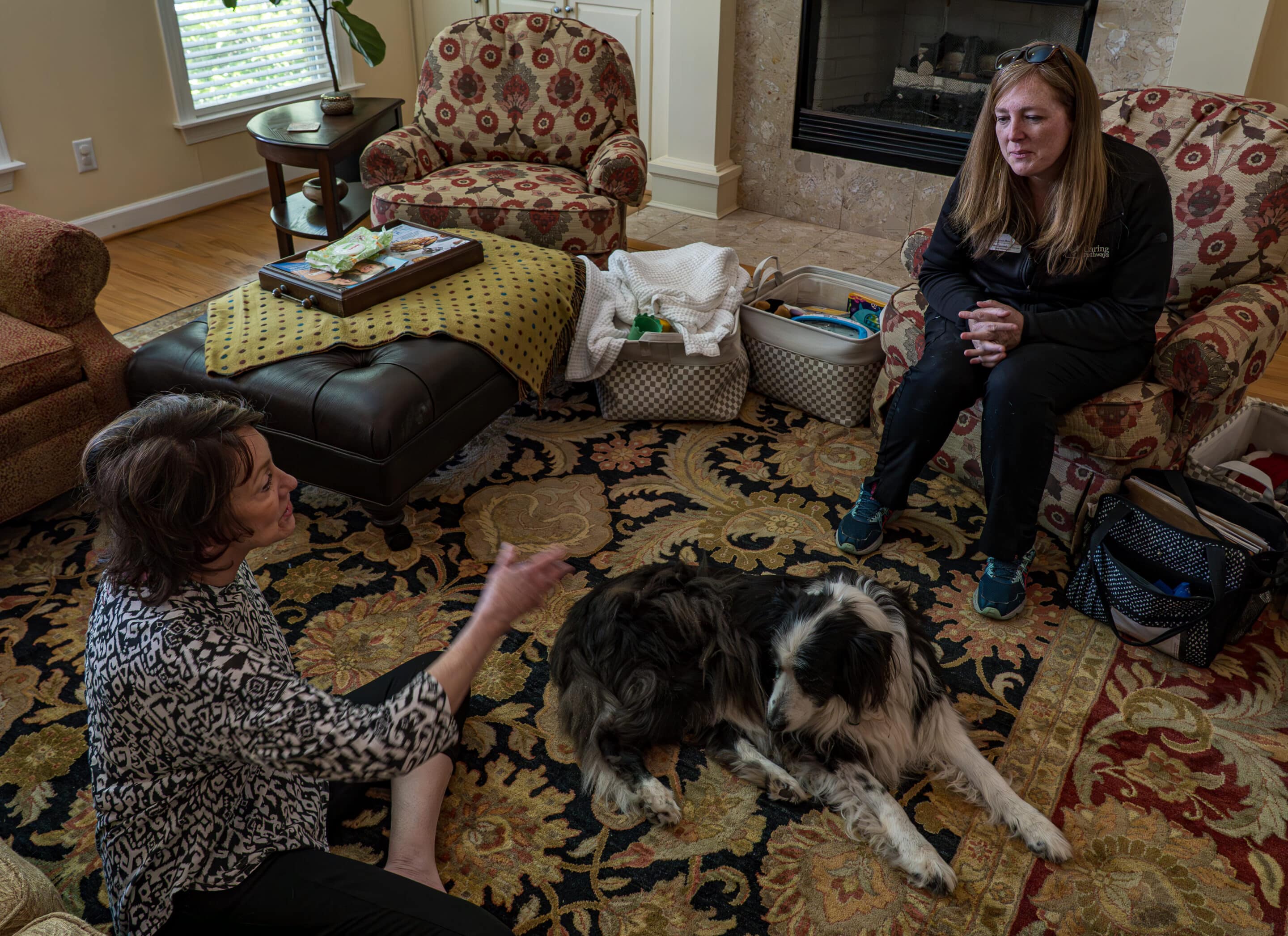Watching a beloved pet grow older or cope with serious illness can be heartbreaking. You may find yourself wondering: Are they comfortable? Am I doing enough for them? These are natural, loving questions, and you don’t have to face them alone.
In-home comfort care for pets, also called hospice or palliative care, is about supporting quality of life for senior dogs and cats while giving families peace of mind. It doesn’t mean giving up. Instead, it ensures your pet feels safe, loved, and comfortable in every stage of life.
At Caring Pathways, our comfort care veterinarians have helped hundreds of families navigate these tender moments with compassion and expertise.
Written by Dr. Tyler Carmack, Caring Pathways Director of Hospice & Palliative Care

What Is Pet Comfort Care?
Pet comfort care focuses on easing symptoms, reducing pain, and improving daily life for senior pets or those living with chronic illness. Unlike emergency medicine or curative treatments, comfort care meets your pet where they are, supporting their dignity and well-being, while keeping your goals for your family and your pet at the forefront of treatment recommendations.
A personalized comfort care plan may include:
-
Pain management medications or gentle therapies
-
Environmental adjustments to improve mobility and safety
-
Nutritional support and appetite management
-
Emotional support for pets and families
Real Stories of Comfort Care
Max the Golden Retriever – Max struggled with osteoarthritis. He could no longer climb stairs or rise from his bed. After a personalized comfort care plan, including pain relief, traction support, and a sturdy ramp, he regained mobility, enjoyed short walks again, and shared cherished moments with his family.
Luna the Senior Cat – Living with kidney disease, Luna became withdrawn and stopped eating consistently. With comfort care guidance, anti-nausea medications, appetite support, diet adjustments, and cozy resting spots — she began eating more regularly. Her family found peace knowing she could remain comfortable at home.

4 Signs Your Pet May Need In-Home Comfort Care
1. Your Pet Seems Uncomfortable
Obvious signs include limping, crying out, or refusing to move. Subtle signs include hunched posture, restlessness at night, or no longer enjoying favorite activities. A comfort care consultation can help identify hidden discomfort and create a plan for relief, both for your pet and your family.
2. Everyday Tasks Have Become a Struggle
When walking, climbing stairs, or simply standing up becomes difficult, life can feel frustrating for pets. Comfort care offers practical tools — like ramps, supportive harnesses, or soft bedding — to restore dignity and help them participate in family life.
3. Changes in Eating or Drinking
A loss of appetite, unexplained weight loss, or frequent nausea can be discouraging. Comfort care focuses on managing these symptoms, making mealtimes less stressful and more enjoyable again.
4. Your Pet Seems Anxious or Confused
Cognitive changes, pacing, and nighttime restlessness can be hard for both pets and families. Comfort care provides calming strategies, medications, and routines that bring peace back to your home.
Why Choosing Comfort Care Is an Act of Love
Reaching out for hospice or palliative care for pets is not about giving up; it’s about giving more. It ensures your pet’s remaining time is filled with comfort, closeness, and dignity, while you feel supported every step of the way.
A consultation with our comfort care team can provide answers, practical tools, and relief in knowing you are not alone. Most importantly, it helps you and your pet share more good days together.
Frequently Asked Questions About In-Home Comfort Care for Pets
1. What is comfort care for pets?
Comfort care, also called hospice or palliative care, is specialized veterinary support that focuses on improving the quality of life for senior dogs and cats. It addresses pain, mobility challenges, appetite changes, and anxiety so pets can remain comfortable at home.
2. How do I know if my dog or cat needs comfort care?
Signs your pet may benefit include difficulty moving, changes in appetite, unexplained weight loss, restlessness, confusion, or no longer enjoying favorite activities. A comfort care consultation can help determine the best plan for your pet.
3. Is hospice or palliative care the same as giving up on my pet?
No. Comfort care is not about giving up, it’s about giving more. It focuses on helping your pet live with comfort and dignity, while supporting your family during this season of life.
4. What happens during an in-home comfort care visit?
A veterinarian evaluates your pet’s condition, reviews medical history, and discusses your concerns and goals. Together, you’ll create a personalized plan that may include pain relief, nutrition guidance, mobility tools, and strategies to reduce stress and anxiety.
5. Can comfort care really improve my pet’s daily life?
Yes. Many pets show remarkable improvement with comfort care. Dogs may regain mobility with ramps or pain relief, while cats may eat better with anti-nausea support. Families often find peace knowing they can share more good days together.
6. How do I get started with pet comfort care?
Reach out to schedule a consultation with our comfort care team. We’ll walk with you every step of the way, helping your pet feel safe, loved, and comfortable at home.
Key Takeaways
-
Comfort care improves the quality of life for senior dogs and cats.
-
Look for signs of pain, mobility struggles, appetite changes, and confusion.
-
In-home comfort care is personalized, compassionate, and focused on dignity.
-
Choosing comfort care is a loving gift for both pets and families.

About the Author: Dr. Tyler Carmack
Dr. Tyler is the Director of Hospice and Palliative Care for Caring Pathways. She founded Hampton Roads Veterinary Hospice in 2011 and has practiced exclusively hospice and palliative care for over a decade.
She has served on the Board of Directors of the International Association for Animal Hospice and Palliative Care (IAAHPC) since 2016 in a variety of roles and often lectures about Veterinary Hospice and Palliative Care. Dr. Tyler currently holds certifications in animal hospice and palliative care, veterinary acupuncture, Chinese food therapy, and Traditional Chinese Veterinary Medicine End-of-Life care. Her professional interests include pain management and teaching.

